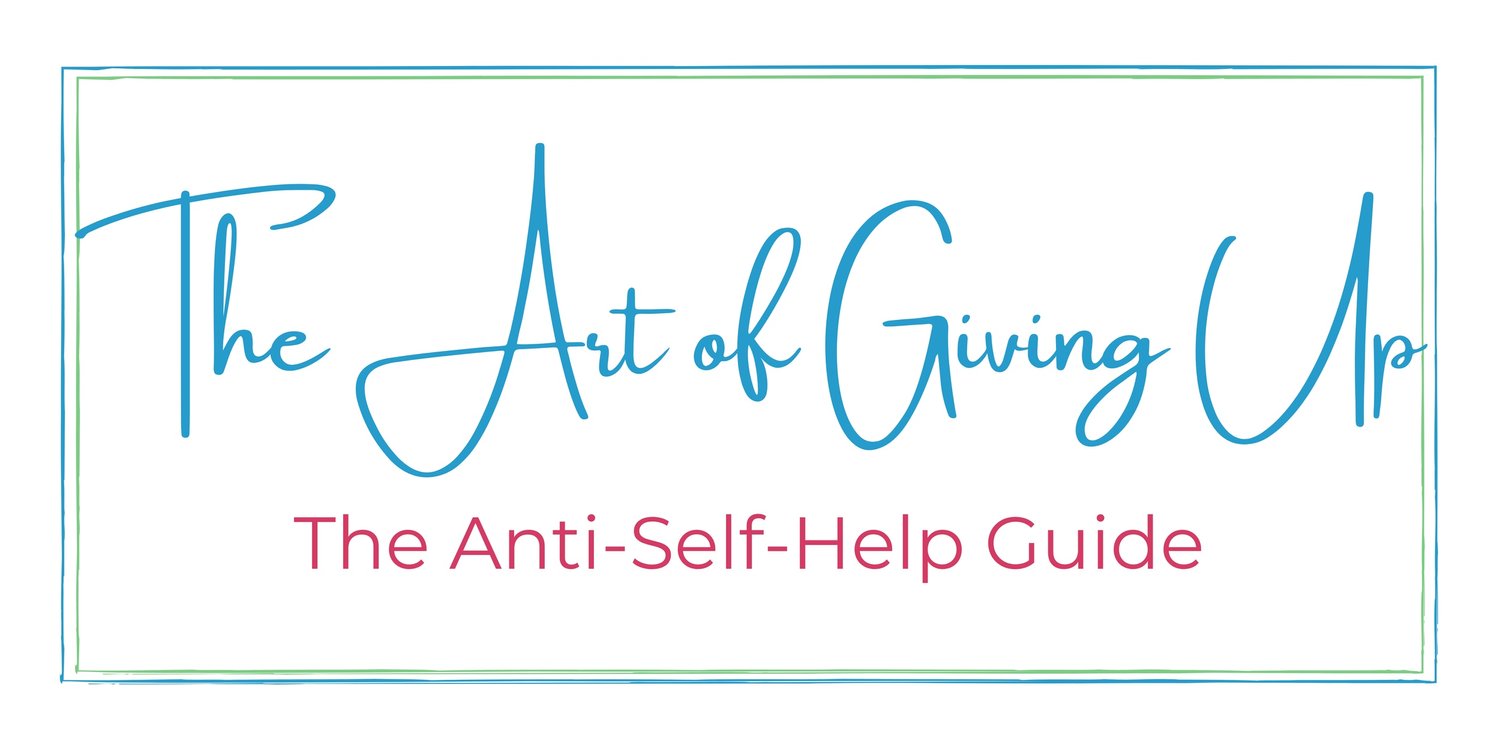Intrinsic Motivation
Your intrinsic motivators are your personal reasons for engaging in a behavior or maintaining a commitment. They come from internal desires, such as fulfilling one’s potential or exploring interests, and are rewarded with positive emotions and feelings such as competence, growth, and purpose. These forces exist entirely independent of environmental pressures, societal expectations, or potential outcomes, so basically it’s what would drive you to do things, even if you lived in a vacuum (if living in a vacuum didn’t kill you).
Since intrinsic motivators are forged from within, they are also a strong indicator of a person’s internal identity. (That sounds like some epic Greek mythology shit) Following through with one’s inner desires gives a person the ability to communicate their personal sense of self to the outside world. Humans have an innate need to feel understood, so acting on intrinsic motivators is a powerful way to translate your understanding of yourself into who other people think you are.
You know, actions speak louder than words, and all that.
Ugh. Every musical theater group I was a part of loved to include that annoying song, and now it’s going to be stuck in my head for the rest of the day. Don’t expect anything good for the next few pages.
And don’t expect me to apologize for being in a musical theater club.
I’m great.
Not only does intrinsic motivation provide an outlet for self expression, but it also can instill a sense of control over one’s efforts. Since there is no external force dictating what the reward is, and if it has been earned, an individual is free to engage in an activity however they please.
In a nutshell, if you do something simply because you find it fun, interesting, enjoyable, riveting, pleasurable, exciting, mirthful, captivating, bloggable, etc, then it is intrinsically motivated.
So, can you start to see why this type of motivation is bad? Obviously I’ll spell it out for you later, since I can’t trust you to fully grasp the dangers intrinsic motivation can impose on your efforts to give up.
At least not yet.
You’ll get there.
Extrinsic Motivation
Oppositely, your extrinsic motivators are influenced by forces outside of your control. Whudda thunk it?? They can focus on following rules or expectations, attaining status with others, or achieving specific goals, as well as avoiding punishment.
If you can’t grasp the concept of doing something solely to achieve a specific outcome, then get out of my classroom.
What about when there’s an extrinsic perk for something you originally did for intrinsic reasons? If you didn’t expect the bonus, and don’t expect it again, then you can still consider it an internally driven behavior. If you do something because you want to, but also know you’ll get something extra for it, then the intrinsic satisfaction you would’ve gained is significantly reduced.
Extrinsic rewards are more difficult to earn, and much less fulfilling when attained.
They’re like simple sugars vs complex carbs. One tastes really good in the moment and fills you with a burst of joyful energy, but provides no long term satiation and preoccupies your brain with more sugar cravings. The other is kinda boring by itself and might make you a little sleepy at first, but ultimately helps regulate your blood sugar and keep you fueled for any activity.
Don’t get me wrong, I love all my carbs equally, but you have to keep in mind we’re not talking about a delicious plate of spaghetti bolognese, we’re talking a bag of skittles vs a bowl of plain brown rice.
(PS - you wanna be on team skittles)
Another area worth monitoring frequently is your motivation to give up. Sound a little oxymoronic? Your face sounds a little (oxy)moronic!
Sorry, you deserve better disses than that.
Point is, you’re making a change and need to keep up your motivation throughout the entire process. In this case, you’re making changes in order to give up, and the only real motivator you need is me telling you to. And remember, this is the ONLY time I want you to reinforce your motivation to follow through with a change. Good news is, if you haven’t given up yet, then you probably still have the ability to stay motivated. Until you give up. Then you won’t need it anymore.
Motivation is utilized for things besides change, though, so I guess you can still have a little bit after you’ve given up. But only if it’s extrinsic. This is why periodically identifying your motivators is important. You don’t want to accidentally do something just for your own emotional gratification!
List your intrinsic and extrinsic motivators for doing your job.
Discredit all intrinsic ones. Repeat for hobbies, plans, and all other activities until you rely solely on the outside world to dictate all your behaviors.
Set a calendar alert to remind yourself to come back to these activities. Start with daily. Once you think it’s been long enough that I won’t judge you for decreasing the frequency, wait another fortnight (because you’re probably wrong), then you can decrease it to weekly. Learn how to ride a unicycle through quicksand, then you can switch to monthly.
Moving forward I’ll just throw activities into sections willy-nilly, so it’s up to you to keep track of what they are or where to find them, since I expect you to revisit all of them frequently. Or you could treat it like an Easter egg hunt where the prize is homework and criticism.
